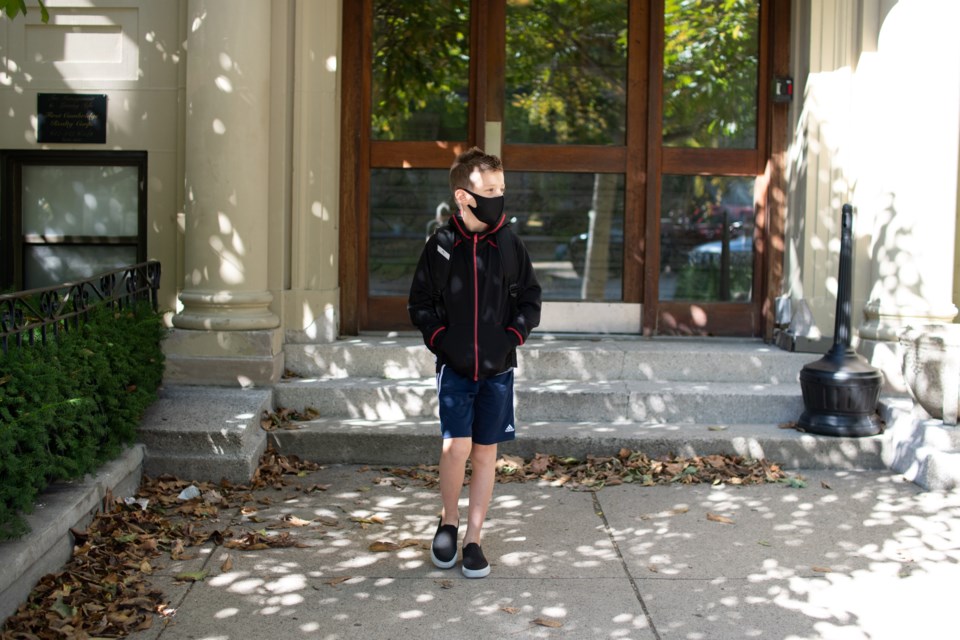The Pfizer vaccine may be available to children ages 12-15 as soon as next week. This announcement will help with recent data showing more cases in younger children.
Currently, only youth 16-years-old and older are eligible for the COVID-19 vaccine leaving younger children dependent on herd immunity.
According to Lexi Nolen, interim executive director of Boulder County Public Health, or BCPH, children, like everyone else, are transmitting the virus.
“In the 10-17 age group … there is a common misconception that those folks are not experiencing high case rates or transmit the virus,” Nolen said. Youth case rates are “rather high and it is related to them not being able to get vaccinated yet.”
While Nolan and Dr. Chris Urbina, BCPH chief medical officer, praise local school districts for their efforts in containing the virus, Nolan said the return to school in March has contributed to the increase in youth cases.
Other contributing factors include the B.1.1.7 variant taking hold as vaccines rolled out in Colorado and this group not being eligible for the vaccine, she said.
Nolan reported these factors have also contributed to Colorado being ranked second highest in the nation in case rates. She expressed concerns that the state’s high case rate could impact the 2021-2022 school year.
The higher cases among children have brought with it higher rates of serious illness. There have been more children hospitalized facing serious illnesses such as Long-haulers syndrome, neurological impacts and four reported cases of MIS-C, or multisystem inflammatory syndrome in children, in Boulder County.
Long-haulers syndrome is diagnosed when a patient experiences lingering health problems after recovering from the acute phase of the COVID-19 virus, according to Johns Hopkins Medicine’s website.
MIS-C “is a condition where different body parts can become inflamed, including the heart, lungs, kidneys, brain, skin, eyes, or gastrointestinal organs. Children with MIS-C may have a fever and various symptoms, including abdominal (gut) pain, vomiting, diarrhea, neck pain, rash, bloodshot eyes, or feeling extra tired,” according to the Center for Disease Control and Prevention.
“Now that we are seeing more cases, we are starting to see more long-term effects that are similar to Long-haulers disease … among children,” Urbina said. “This severe, although rare, condition called multisystem inflammatory syndrome in children, of which we have had four cases in Boulder, is not something to be played with.”
According to Urbina, there have been over 3,000 cases of MIS-C in the country and over 50 cases in Colorado.
“It really should put us all at a pause to say ‘what can we do better to protect our children,’” Urbina said.
Both Nolan and Urbina urge residents to get a vaccine and follow guidelines such as mask wearing, hand washing and social distancing to protect children from the virus.
Boulder County announced yesterday an extension to masking guideline to better align with the state.
Masks continue to be required in “high-risk indoor settings or indoor places where you might encounter members of the public,” according to Boulder County Attorney Trina Ruhland. Some of these places include schools, childcare centers, retail or grocery stores, personal services and healthcare settings.
In low-risk settings such as offices or private events, masks can now be removed if the group in less than nine people. If a larger group is in this setting, masks can be removed if 80% of that group has been vaccinated and provide proof, according to Ruhland.



